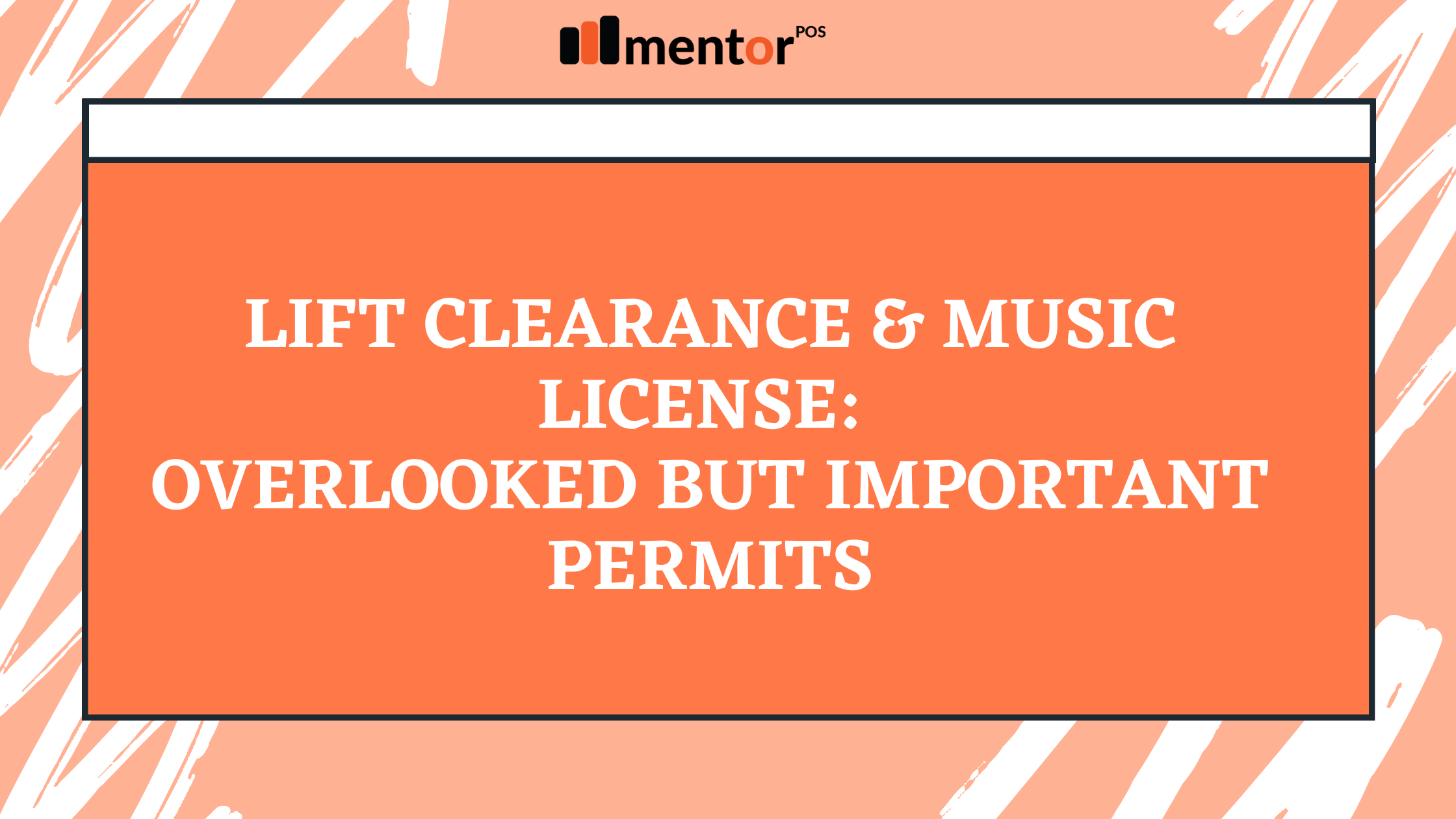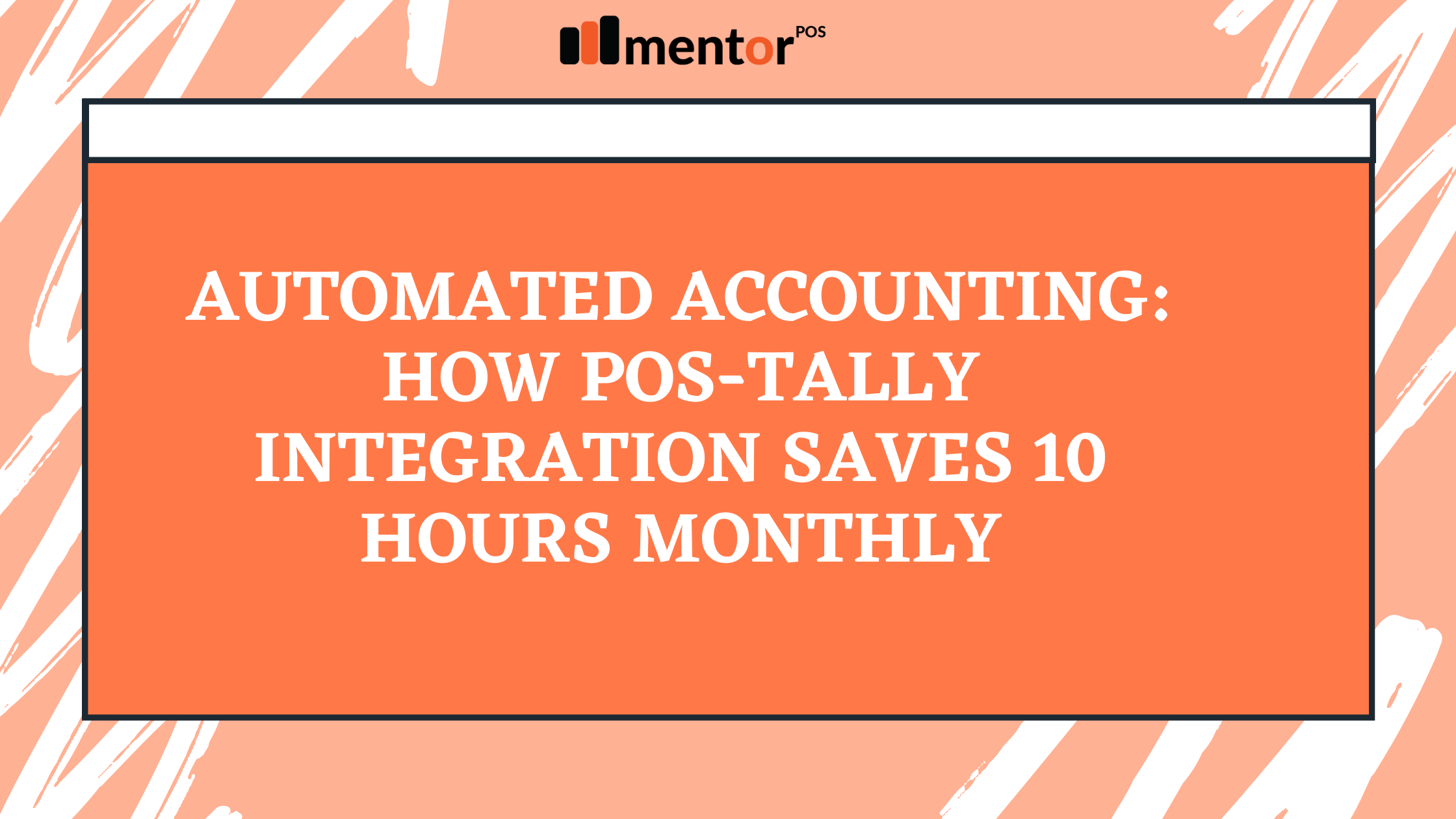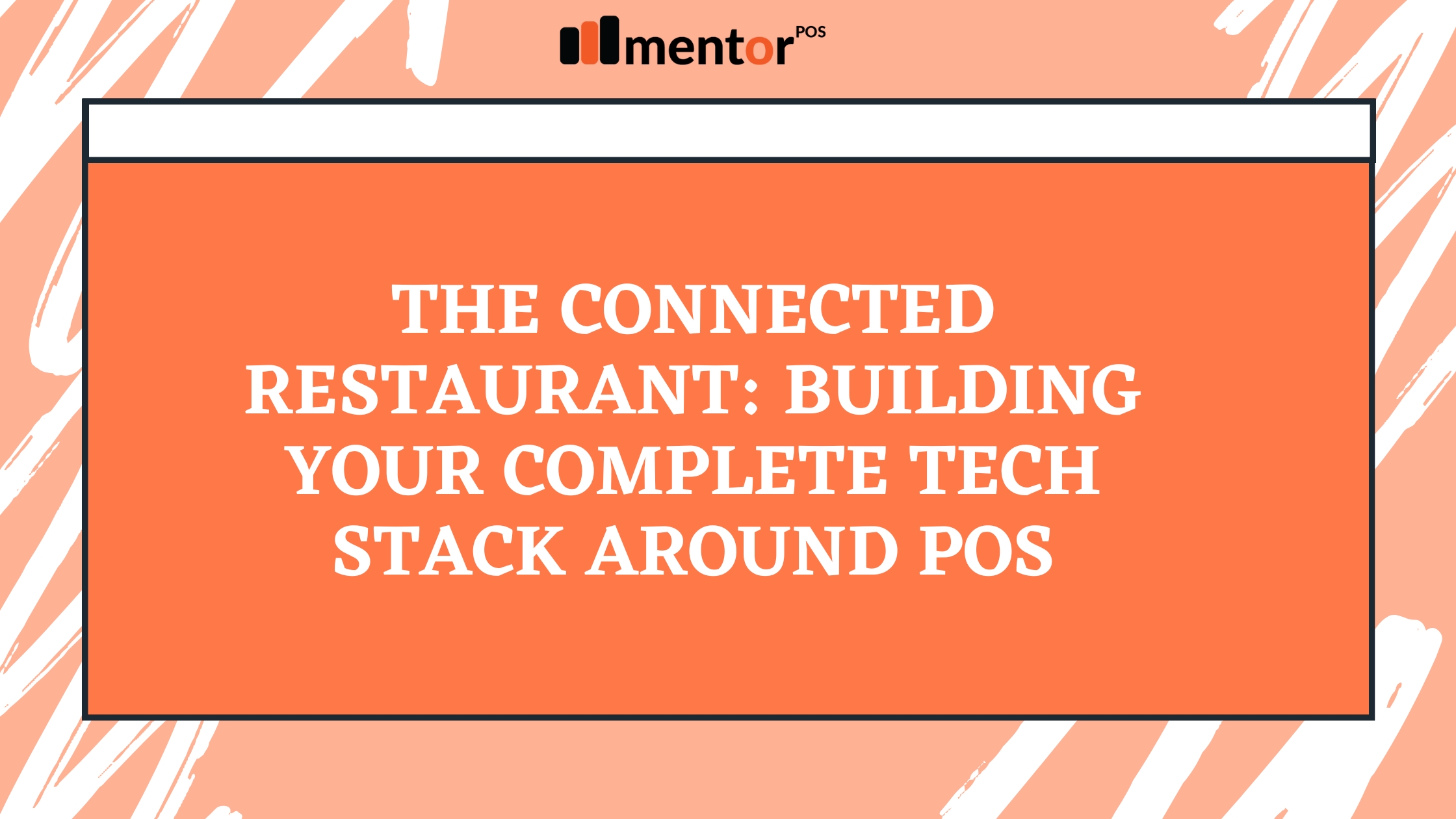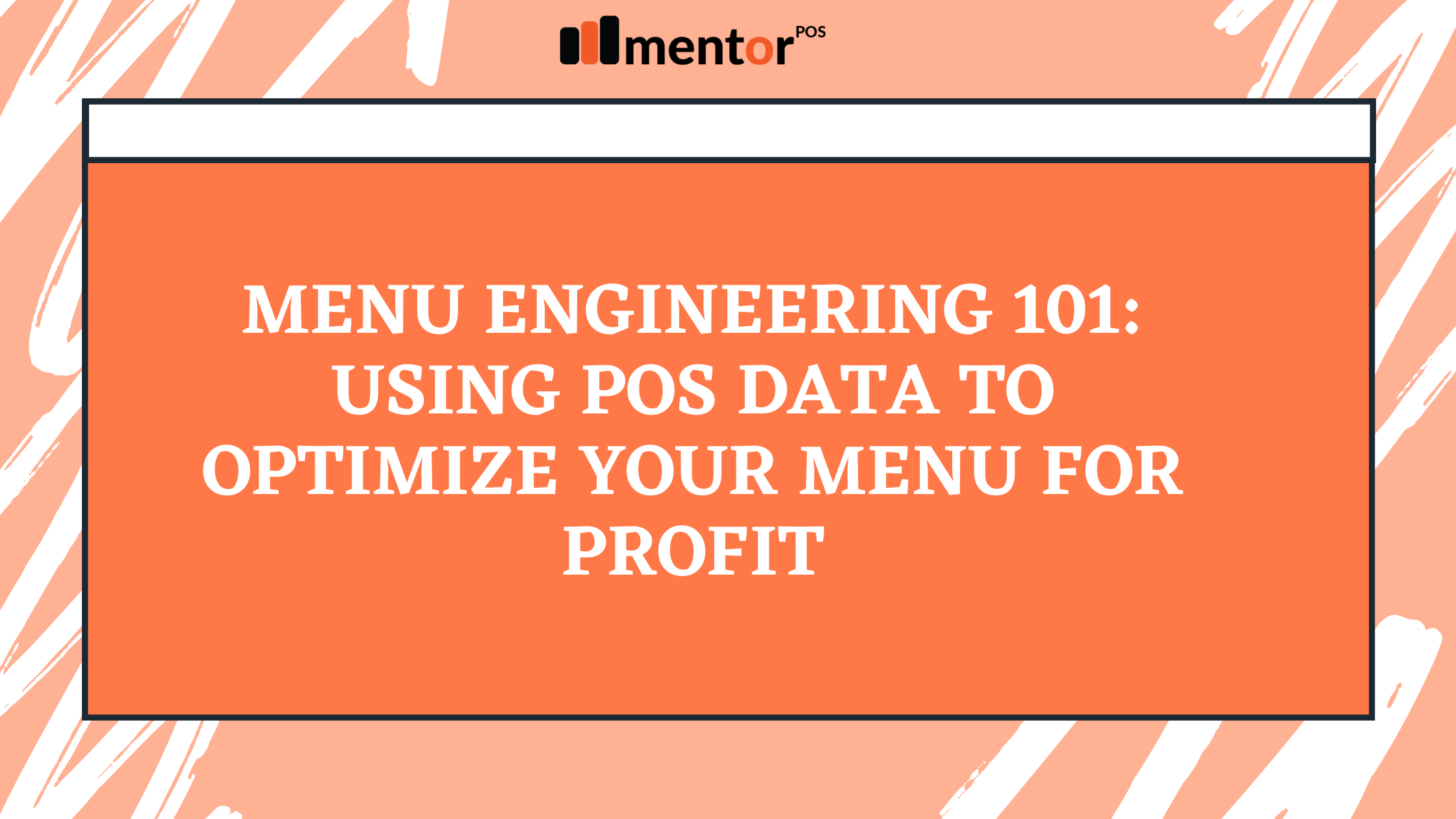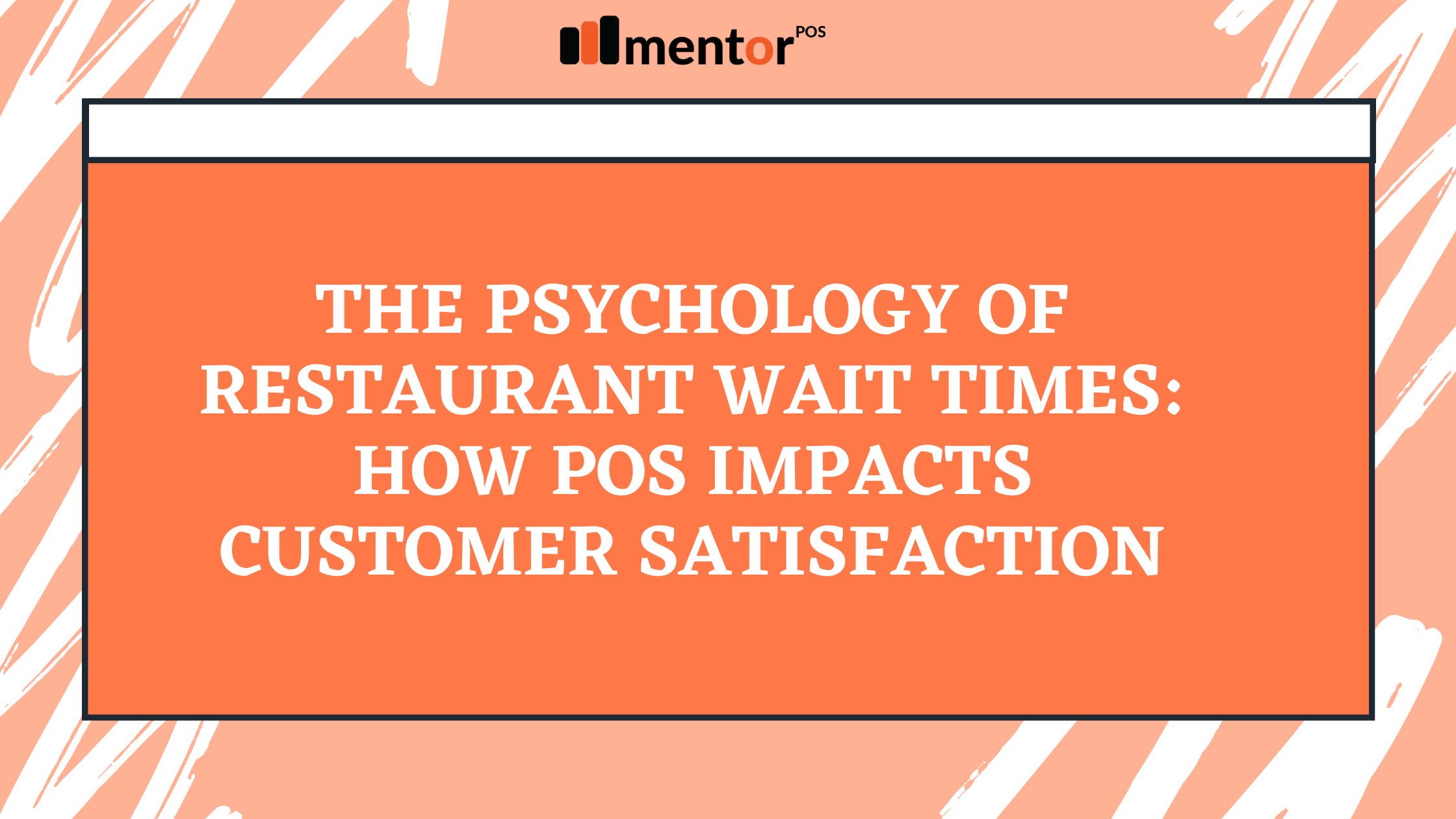When it comes to setting up a commercial space—whether it’s a mall, hotel, restaurant, office tower, or residential society—most developers and business owners focus heavily on building permits, fire safety clearances, and environmental approvals. While these are crucial, there are two lesser-known permits that often get overlooked but hold immense importance in day-to-day operations: Lift Clearance and Music License.
Both of these permits may appear minor compared to structural approvals or environmental compliance, but ignoring them can lead to legal troubles, safety issues, and even financial penalties. Let’s break down what these permits mean, why they matter, and how they impact businesses and residential projects.
Understanding Lift Clearance
A lift (or elevator) is one of the most common features in modern buildings. Be it a shopping mall, high-rise apartment, office, or hotel, elevators are indispensable for accessibility and convenience. However, lifts are also highly mechanical structures that pose risks if not installed or maintained properly.
What is Lift Clearance?
Lift Clearance is the official approval granted by the relevant government authority (often the State Lift Inspectorate or Electrical Inspectorate) that certifies a lift has been installed correctly, meets safety standards, and is safe to use. It is not just a one-time approval; in most cases, periodic inspections and renewals are mandatory to ensure continued safety.
Why is it important?
- Safety Assurance: Lifts involve electrical, mechanical, and structural components. Any malfunction can cause accidents, which may lead to injuries or fatalities. Clearance ensures that the lift meets required safety norms.
- Legal Compliance: Operating a lift without proper clearance is illegal. Authorities may impose heavy penalties or even seal the lift until approval is obtained.
- Insurance Coverage: In case of an accident, insurance claims can be rejected if the lift doesn’t have valid clearance.
- Public Trust: In commercial buildings like malls and offices, tenants and customers feel safer knowing that lifts are officially certified.
How is clearance obtained?
Lift clearance generally requires submission of installation details, safety test reports, and inspection by government-appointed engineers. Once approved, a license or certificate is issued, which is often displayed near the lift. Regular renewal and maintenance checks are mandatory.
Where to obtain Lift Clearance in India?
Lift clearance is obtained from the State Lift Licensing Authority, which usually works under the Chief Electrical Inspectorate or Public Works Department (PWD) in each state. For example:
- Maharashtra: Electrical Inspectorate, Government of Maharashtra
- Delhi: Chief Electrical Inspector, Delhi Government
- Karnataka: Department of Electrical Inspectorate, Government of Karnataka
- Tamil Nadu: Electrical Inspectorate, PWD
Builders or property owners need to apply online/offline through their respective State Lift Inspectorate portals or local PWD offices.
Understanding Music License
Music is an integral part of creating ambiance—whether in restaurants, hotels, gyms, clubs, or even retail stores. While many businesses invest in expensive sound systems, they often miss a crucial step: obtaining a Music License.
What is a Music License?
A music license is a legal permit that allows a business to play copyrighted music in a public or commercial space. This license is usually obtained from authorized bodies or copyright societies that represent artists, composers, and music producers.
Why is it important?
- Respect for Creators: Music is intellectual property. Playing it publicly without permission denies artists their rightful royalties.
- Legal Compliance: Unauthorized use of copyrighted music is a violation of copyright laws. Businesses can face lawsuits, penalties, or even closure orders.
- Brand Experience: Licensed music ensures that businesses can curate the right ambiance legally, enhancing customer experience without fear of legal repercussions.
- Corporate Reputation: Compliance reflects positively on a brand’s image. Customers today appreciate businesses that respect creative rights.
Where is it needed?
- Restaurants, cafes, and lounges
- Hotels and resorts
- Fitness centers and gyms
- Shopping malls and retail stores
- Event venues, banquets, and pubs
Even if you use recorded background music, live performances, or digital streaming services, a music license is still required.
Where to obtain a Music License in India?
In India, businesses can obtain a music license from the following authorized copyright societies:
- Phonographic Performance Limited (PPL India): For playing recorded music owned by music labels.
- Indian Performing Right Society (IPRS): For using works of composers, lyricists, and music publishers.
- Novex Communications Pvt. Ltd.: Authorized to license certain music labels (like Yash Raj Films, Zee Music, etc.).
- ISRA (Indian Singer’s Rights Association): For public performance rights of singers.
Applications can be made online through the respective official websites of these organizations, where businesses can choose the type of license depending on usage (recorded, live, or background music).
Why These Permits Are Often Overlooked
Despite their importance, both lift clearance and music license often get ignored. Here’s why:
- Perception of Low Risk: Business owners tend to focus more on structural or environmental clearances, assuming lifts and music are secondary concerns.
- Lack of Awareness: Many people simply don’t know these permits are mandatory. For instance, small café owners might not realize playing a Spotify playlist in their outlet requires a license.
- Cost Avoidance: Some operators skip the process to save money, not realizing that penalties and legal troubles later can cost far more.
- Assumptions of Coverage: Builders often assume lift installation contractors handle all approvals, and restaurateurs assume streaming subscriptions cover public performance rights—both of which are misconceptions.
The Consequences of Ignoring These Permits
- Legal Penalties: Heavy fines, legal notices, and even closure of operations.
- Accidents & Liability: For lifts, ignoring clearance could result in accidents, making the owner liable.
- Reputational Damage: Negative publicity can harm business credibility.
- Financial Loss: Non-compliance can invalidate insurance, trigger lawsuits, and increase costs in the long run.
Best Practices for Compliance
- For Lift Clearance:
- Ensure the lift is installed by an authorized company.
- Apply for clearance before making it operational.
- Display the clearance certificate prominently.
- Schedule regular inspections and renewals as per government norms.
- For Music License:
- Identify the licensing authority relevant to your business.
- Obtain licenses before playing music in public spaces.
- Keep records of payments and renewals.
- Train staff to understand compliance requirements.
Conclusion
In the rush of setting up or running a business, it’s easy to overlook permits like Lift Clearance and Music License. However, these approvals are not just formalities—they are safeguards for safety, compliance, and ethical operations. Lift clearance ensures the well-being of people who use your building every day, while a music license respects intellectual property and protects businesses from legal disputes.
By paying attention to these often-overlooked permits, businesses and developers can ensure smoother operations, protect themselves from unnecessary risks, and build a reputation for being responsible and compliant. In today’s competitive world, where customer trust and brand image are as important as profits, taking these small but critical steps can make all the difference.

